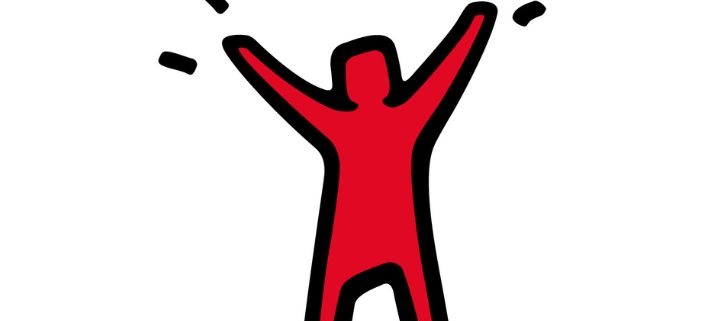World Mental Health Day – Kelechi’s story
World Mental Health Day (10 October) is the international day for global mental health awareness, education, and advocacy against social stigma. This year’s theme is “Mental Health for All”, and we are sharing stories of people that we support that show how important that is. Kelechi Chioba, a person supported by Richmond Fellowship, tells us her story about battling mental ill health as a Black, LGBTIQA+, disabled woman who is also a survivor of domestic abuse.
I had a mental health disorder and polio when I was younger which means I have to use a wheelchair. Before my relapse I was a very active public speaker and activist. I travelled the country giving talks, training and meetings at universities. As a bi-sexual Black woman I spoke about a range of subjects including domestic abuse, LGBTQ+ identity, having a disability and feminism. I wanted to make a change as a domestic abuse survivor. I also talk about encouraging diversity in leadership.
It was after my hysterectomy that I broke down again. I felt down and hated giving talks, writing and my life. I used to love this.
In the Black community they have a myth – “Mental health is the white man’s disease”. There is no halfway. If you have mental health issues you must be mad. As a Black woman there is an expectation to be strong. You cannot be seen as weak and must keep your dignity. You may be dying inside but you can’t show it. In my church people would not sit next to me because of sexuality. When I experience racism in the UK I just want to run to the protection of the Black community but I am rejected because of my sexuality. I have no one to lean on. I am stuck in the middle of two worlds. This had a huge impact on my mental health. A mixture of culture, religion and beliefs all impacts me. Once, when I was sectioned and receiving treatment, a Black mental health nurse said “why are you here? If you are a believer in Christ you should not be here.” It is also hard to access support.
Sometimes you go to see an expert and there is no one from your community you can see who would understand your situation. You can’t just walk in and expect to be believed. It is a double punishment.
Eventually, I saw a psychiatrist who referred me to counselling. When I refused counselling, the doctor gave me Richmond Fellowship’s number. When I first started sessions with my recovery worker we made a checklist. We ticked off how I felt so I could visualize where I was mentally. We spoke every week. Before I relapsed, I was confident speaking to groups. Now I was scared of seeing people. So we focused on anxiety management and building confidence. Once I called my recovery worker and said I had trouble sleeping so we focused on sleep management. I was always listened to and could make decisions myself. We tailored the sessions to what I had experienced that week. This is something I really liked.
I didn’t feel seeing my recovery worker was working at first. I now realise it was having an impact within me. I started to find my passion again. It did not come all at once. It came little by little. I remember telling my recovery worker I am ready to give talks again. Everyone was so happy for me and so was I.
I came to Richmond Fellowship to get my passion back. I wanted to put my life back together and pick myself up. When I first came I said “I just want to get better. I want to know how to get a grip with managing my mental health”.
I now want to make a change. My life is hard. I am in a wheelchair and the discrimination and stereotypes are too much. I want to fix this world and encourage inclusivity in the community, government and in legislation. I want everyone to be equal and then I will be happy. This is why I go to give talks. I want to tell others to be proud of who and what you are. This is key for your mental health and you should always seek help if you need.
If you want to find out more about Kelechi and her recovery journey, please search her name on


















